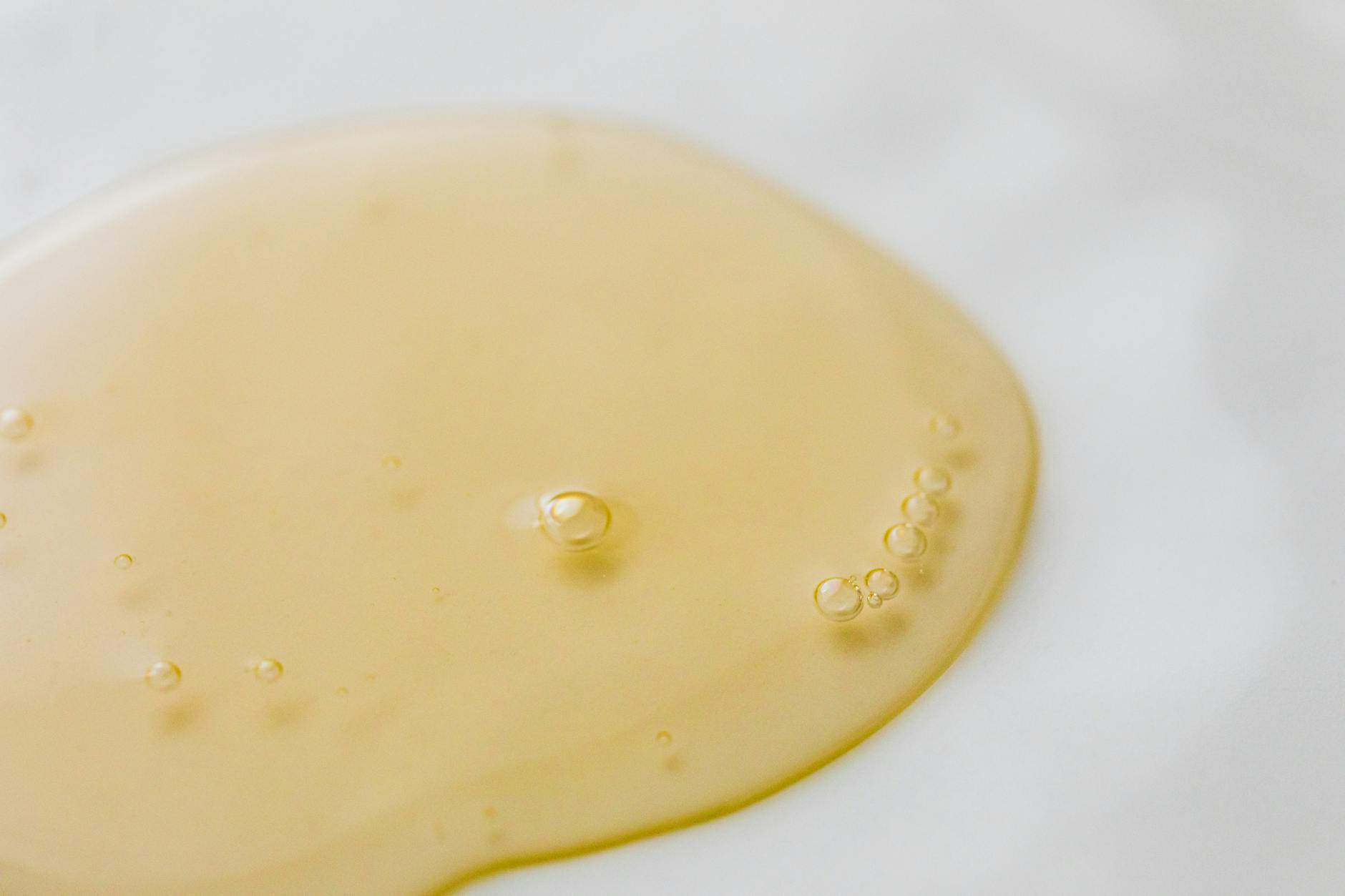Discover the ultimate guide to banishing yeast infections for good and say hello to a life free of discomfort.
Table of Contents
Have you been experiencing itching, burning, or unusual discharge down there? You may be dealing with a yeast infection. Although these infections are common and generally not serious, they can cause significant discomfort and disrupt your daily life. Understanding the symptoms of yeast infections and knowing how to effectively prevent and treat them is key to finding relief and getting back to feeling your best.
Signs and Symptoms of Yeast Infections
Yeast infections, also known as vaginal candidiasis, typically present with a combination of symptoms that can vary from person to person. The most common signs include:
- Itching and irritation in the vaginal area
- Burning sensation, especially during urination or intercourse
- Thick, white, cottage cheese-like discharge
- Redness and swelling of the vulva
If you are experiencing any of these symptoms, it is essential to consult with your healthcare provider for an accurate diagnosis and appropriate treatment plan.
Preventive Measures to Avoid Yeast Infections
While yeast infections can occur for various reasons, there are some preventative steps you can take to minimize your risk of developing them. Here are some helpful strategies:
- Maintain good hygiene by keeping the vaginal area clean and dry
- Avoid using scented soaps, feminine hygiene products, and douches
- Wear breathable cotton underwear and loose-fitting clothing
- Change out of wet swimsuits or sweaty workout clothes promptly
- Limit the intake of sugary foods and refined carbohydrates
By incorporating these preventive measures into your routine, you can help reduce the chances of experiencing bothersome yeast infections.
Treatment Options for Yeast Infections
When it comes to treating a yeast infection, several over-the-counter and prescription options are available. Before starting any treatment, it is crucial to confirm the diagnosis with your healthcare provider to ensure you are addressing the right issue. Common treatment approaches for yeast infections include:
- Antifungal creams or suppositories
- Oral antifungal medications
- Home remedies like probiotics and yogurt
Follow your healthcare provider’s recommendations for the duration of the treatment regimen to achieve the best results. It’s essential to complete the full course of treatment, even if symptoms improve before it is finished.
When to Seek Medical Attention
While yeast infections are generally manageable at home, there are situations where you should seek medical attention promptly. Contact your healthcare provider if:
| Prevention | Treatment |
|---|---|
| Avoid tight clothing | Over-the-counter antifungal creams |
| Keep the genital area dry | Prescription antifungal medications |
| Avoid douching | Probiotics to restore healthy bacteria levels |
| Eat a balanced diet | Yogurt containing live cultures |
| Change out of wet bathing suits promptly | Consult a healthcare provider if symptoms persist |
- You are experiencing recurrent yeast infections
- Your symptoms persist or worsen despite treatment
- You are pregnant or have underlying health conditions
- You develop new or concerning symptoms
Your healthcare provider can evaluate your symptoms, conduct any necessary tests, and provide personalized recommendations based on your unique situation.
Conclusion
Yeast infections may be common, but that doesn’t mean you have to suffer through the discomfort they bring. By familiarizing yourself with the symptoms, adopting preventive measures, and seeking timely treatment when needed, you can effectively manage yeast infections and prevent them from interfering with your daily life. Remember, your health and well-being are a top priority, so don’t hesitate to reach out to your healthcare provider for guidance and support.
FAQs
Question 1: Can yeast infections be passed on through sexual contact?
Answer 1: Yeast infections are not considered sexually transmitted infections, but sexual activity can sometimes trigger or worsen them.
Question 2: Are yeast infections contagious?
Answer 2: Yeast infections are not typically contagious and cannot be spread through casual contact.
Question 3: Can men get yeast infections?
Answer 3: Yes, men can develop yeast infections, often in the form of penile candidiasis.
Question 4: Are yeast infections a sign of a weakened immune system?
Answer 4: While yeast infections can occur in individuals with weakened immune systems, they can also affect healthy individuals due to various factors like antibiotic use or hormonal changes.





